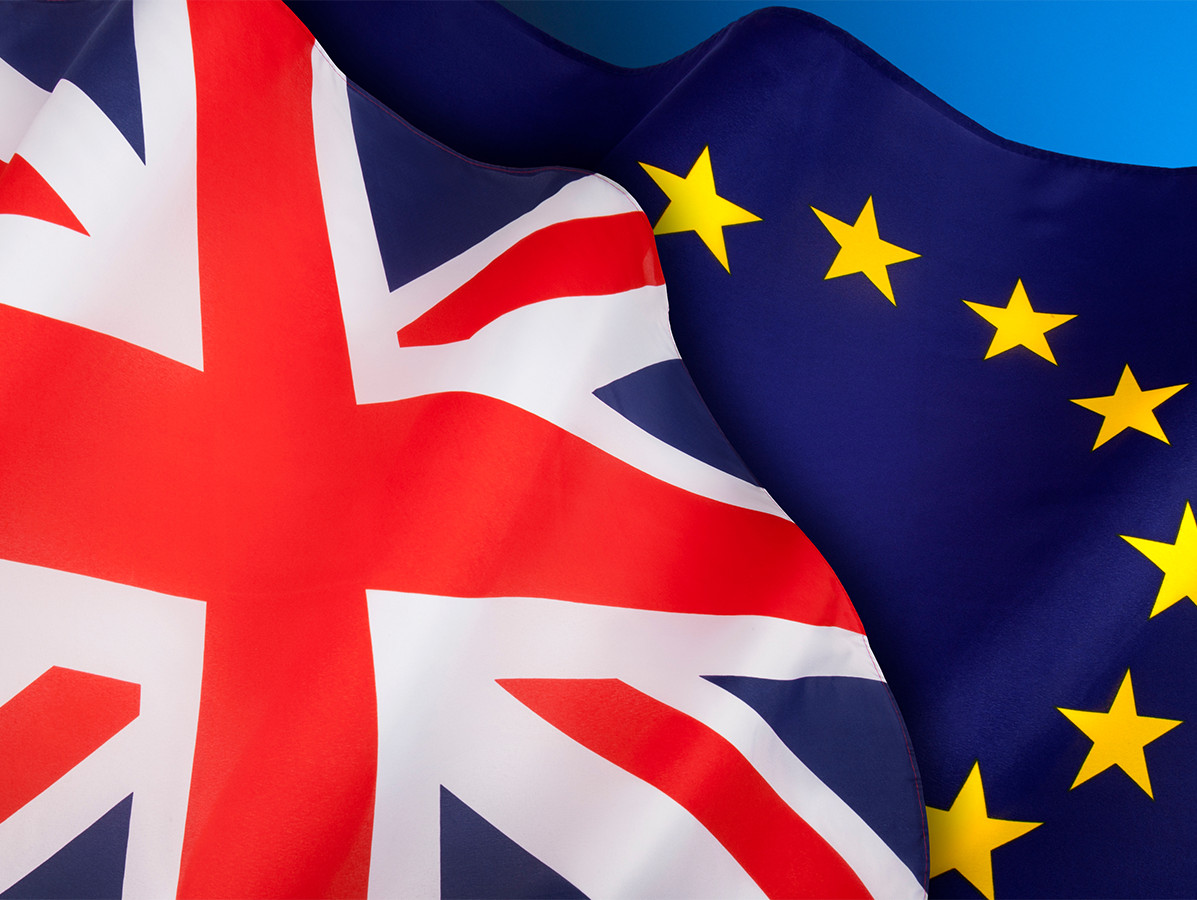
The European Union and the United Kingdom are expected to separate with a free trade agreement. But even such a 'soft' brexit will cost the Dutch economy over €4.5 billion - or 0.7% of GDP (from manufacturing) - and more than 17,000 jobs compared to last year, according to ABN AMRO. This economic damage stems from the additional trade barriers that a brexit will create - such as border controls, customs traffic jams and extra administration - which could have repercussions on demand in the coming years. In the doomsday scenario of a 'hard brexit', the damage is much greater, partly due to import tariffs: over EUR 17.5 billion and the loss of almost 70 000 jobs. Dutch companies in various sectors therefore have a lot to gain from a successful outcome of the brexit negotiations.
The damage is so extensive because the United Kingdom is one of the Netherlands' most important trading partners. For example, exporters of machinery, chemicals and food are directly affected because they do a lot of business with British customers. In addition, many companies are strongly interwoven with sectors at home and abroad and are also indirectly affected. This even applies to the vast majority (55 percent) of the damage (EUR 2.5 billion for a soft brexit). If demand in the United Kingdom for cars and machinery from Germany falls due to additional trade barriers, German manufacturers will need fewer parts and Dutch suppliers will also be affected. The same applies to agricultural suppliers of food producers who can export less to the United Kingdom because of the brexit. There is also indirect damage in the services sector, because trade in services is often intertwined with trade in products. Examples include accounting, bookkeeping and legal services. As a result, thousands of jobs may also be at risk in the business services sector.
Combating the coronas crisis and preparing for the brexit are currently mixed up. ABN AMRO also expects that the brexit - in whatever form - will slow down the economic recovery after the pandemic. "While we expect the UK and the EU to reach a free trade agreement, the damage to Dutch business will be considerable even with a soft brexit. However, a number of factors could reduce this damage in the coming years," said Sonny Duijn, Sector Economist Themes of ABN AMRO. "For example, a company competing with its British peers for market share on the European mainland could significantly improve its position. The brexit also provides direct employment, for example for service providers. For example, border controls can lead to legal claims if merchandise deteriorates due to delays. A number of practical preparations for companies are very important for the coming weeks - if not already made - especially now that the end of the transitional period is approaching.
Click here for the report ‘Ook zacht brexit levert schade op’
abnamro.nl
Source: ABN AMRO